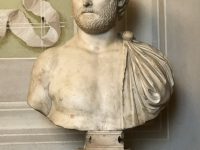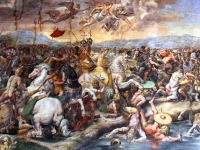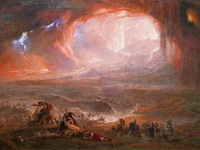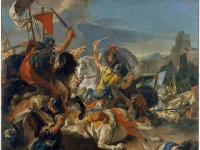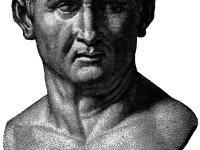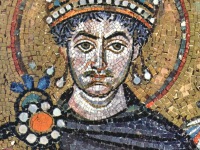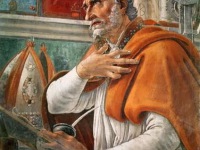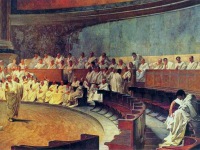Me Miserum! – The sad beautiful Poetry of Ovid
On March 20, 43 BCE, Roman poet Publius Ovidius Naso, better know as Ovid, was born. Ovid lived during the reign of Augustus. He composed both epic and elegiac poetry, some of which contributed to his exile from Rome in 8 CE. Back in high school, I remember that we had to translate from some of Ovid’s stories of his Metamorphosis from Latin. However, later we also turned to his rich and…
Read more

